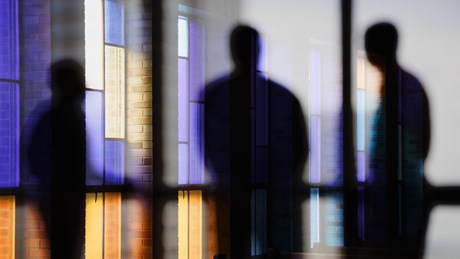The Andy Savage case should lead us to question the way many churches are handling the issue.

Many observers were troubled when Andy Savage, a pastor at Highpoint Church in Memphis, received a standing ovation from his congregation for his admission of a “sexual incident” with a 17-year-old high-school student when he was a youth leader at Woodlands Parkway Baptist Church in Texas. They have reason to be troubled.
Though the congregation was probably unaware that the woman involved described the “incident” as an assault, at least one pastor at Woodlands and the leaders of Highpoint were aware. The alleged victim claimed that Larry Cotton, an associate pastor of Woodlands at the time, urged her to stay quiet about what happened. And only after the alleged victim made the case public did Highpoint’s pastor Chris Conlee admit that the information was not new to him or to the church leadership. Conlee went on to support Savage and his continued ministry at Highpoint Church.
Unfortunately, it is not uncommon for churches and religious organizations to try to handle sexual assault allegations internally. Bob Jones University, Sovereign Grace Ministries, the Association of Baptists for World Evangelism, and the Institute in Basic Life Principles have all come under fire in recent years for not adequately addressing sexual abuse within their communities. Some of these organizations have been accused of blaming the victims—even those who were children at the time of abuse—and pressuring them to forgive their abusers rather than report them.
Many church leaders probably react to these stories by thinking that they would never do such a thing. They would never intentionally cover up allegations of sexual abuse in their church. But what if intentionally covering up the truth is not the …
Source: Christianity Today Most Read